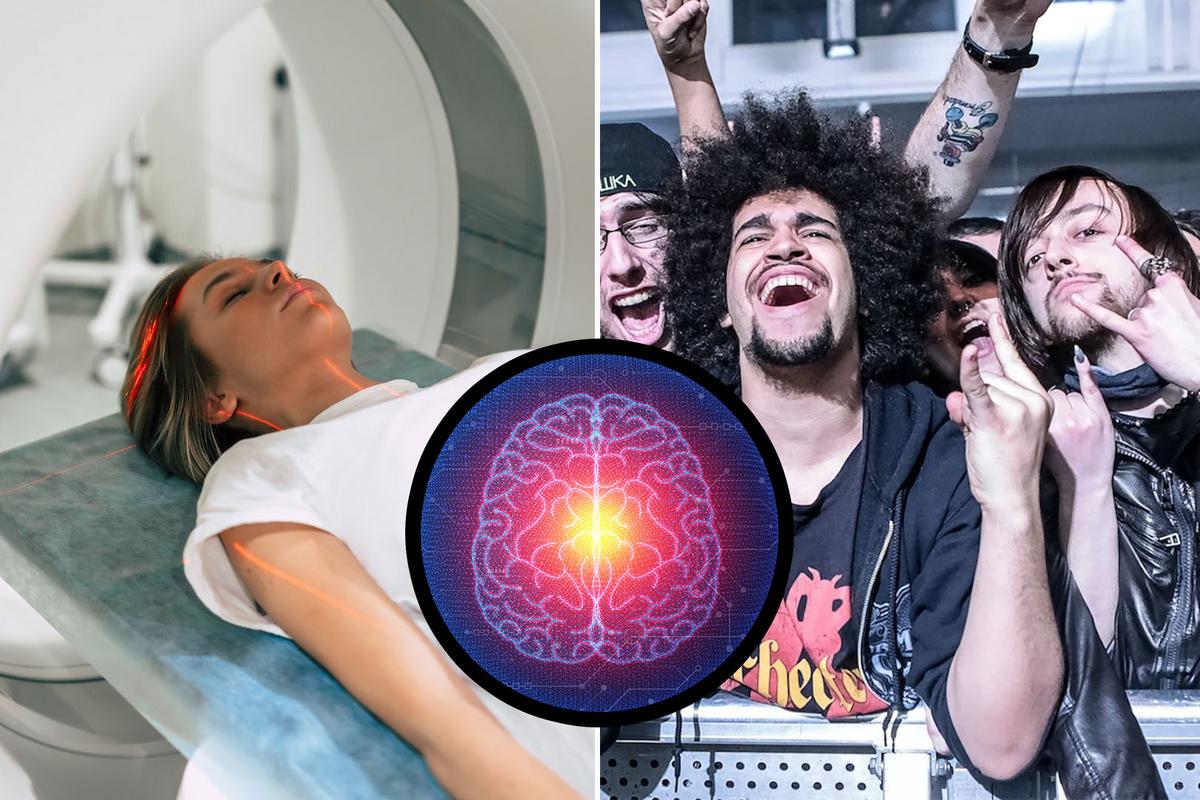
If you’ve ever wondered what actually happens to our brains during concerts that causes us to love live music so much, a neuroscientist has explained why in a video on social media.
Dr. Nas is a neuroscientist who also specializes in dementia research. He has over 250,000 followers on Instagram thanks to the wealth of brain-related knowledge he shares in his posts. In a reel titled “The Neuroscience of Concerts,” he broke down the psychological phenomenon that happens in our brains during live music events.
During the clip, Dr. Nas shared that brain imaging research has found that the human brain is more responsive to live music than to recorded music.
“Live music will activate entire brain networks involving experiencing pleasure, processing emotions and [re-triggering] memories of the past. The bigger the brain experience, especially in the emotional parts of your brain, the more deeply you will be struck of [feeling] immersed in the music,” he explained.
READ MORE: Study Reveals the Top Three Metal Bands on Mental Health Playlists
Dr. Nas further elaborated that our brains love unpredictability, and live music always offers a slightly different listening experience than something that is recorded, which sounds the same every time you listen to it.
“Our brains are adapting and engaging with the music every single moment. So next time you go to a concert, remember that I’d not just your ears listening — it’s your whole brain lighting up and tuning in to create a unique experience,” he said.
See the full clip below.
12 Things Science Has Learned About Metalheads Through Music Studies
What conclusions has research drawn about heavy metal fans? Many, actually, and some that might even shock or surprise the casual listener. The more we understand how we enjoy music, the more we learn how different genres can affect us. And heavy metal is a music style the often goes under the microscope.
Gallery Credit: Philip Trapp


 60
60